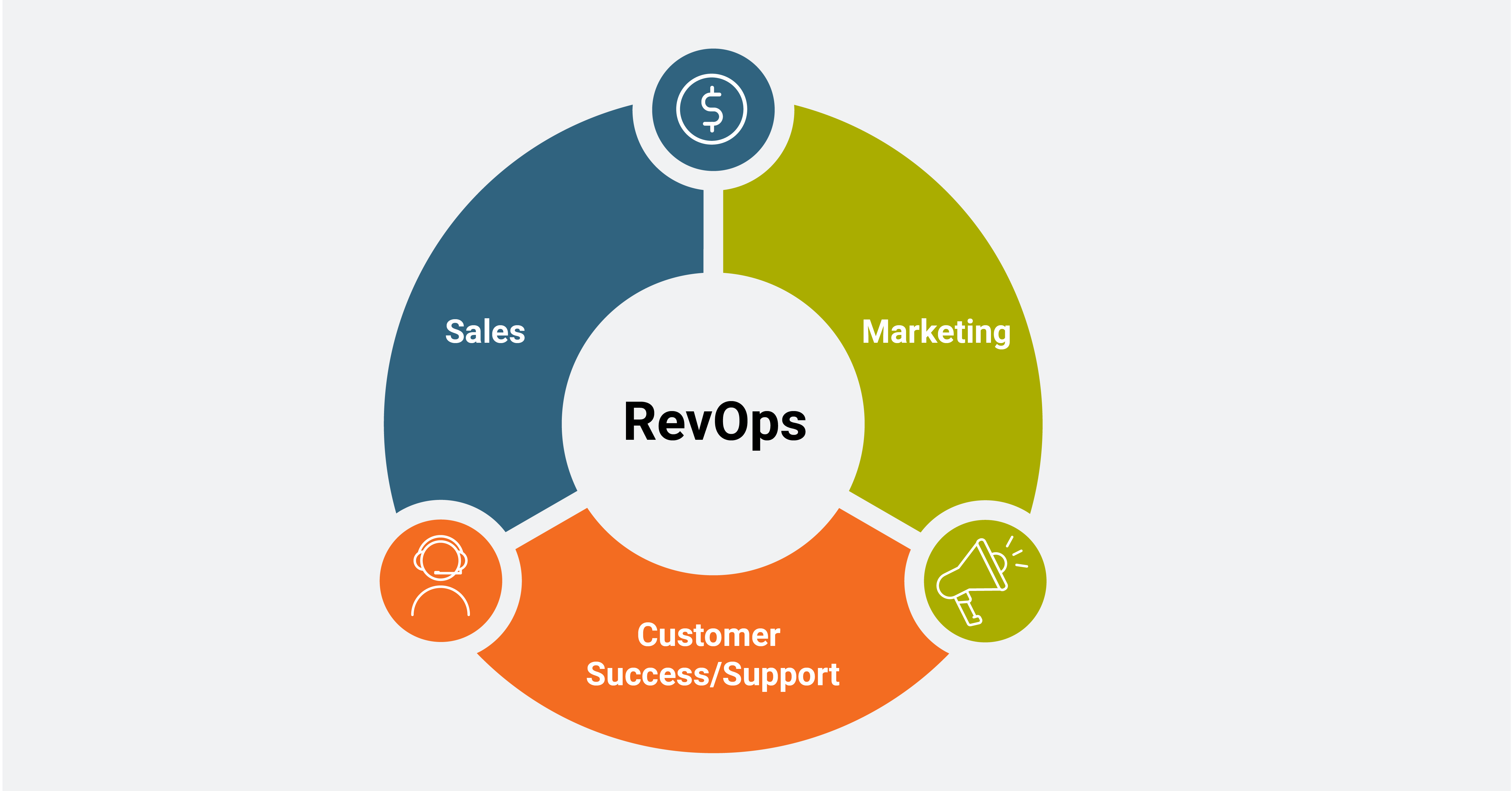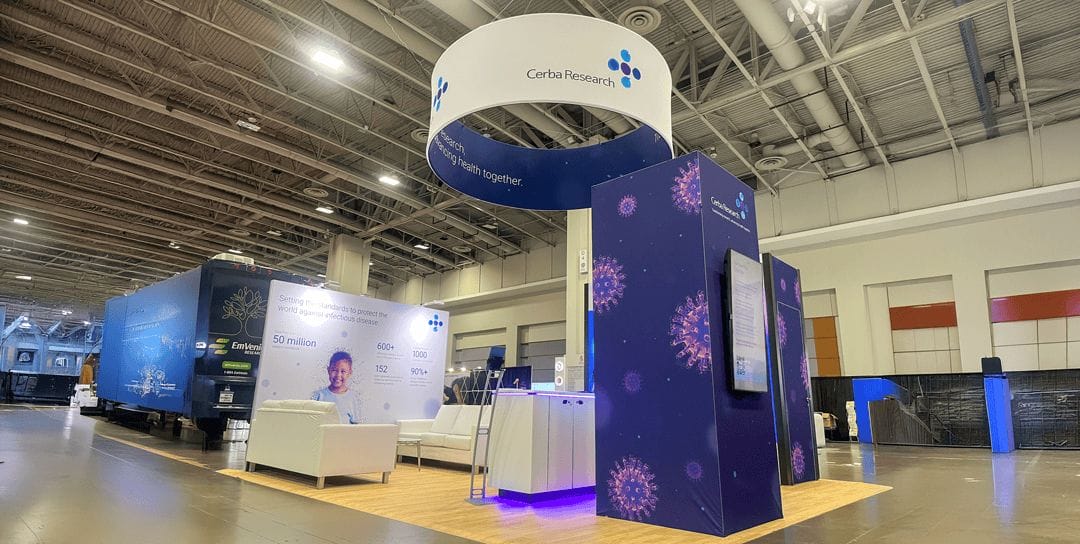Open-source software is at the core of… well, practically everything online. But while much of it is diligently maintained in some ways, in others it doesn’t receive the kind of scrutiny that something so foundational ought to. To that end, $1.3 million worth of grants were announced today, split among 13 projects looking to ensure open-source software and development is being done equitably, sustainably and responsibly.
The research projects will look into a number of questions about the way open-source digital infrastructure is being used, maintained and otherwise affected. For instance, many municipalities rely on and create this sort of infrastructure constantly as the need for government software solutions grows, but what are the processes by which this is done? Which approaches or frameworks succeed, and why?
And what about the private companies that contribute to major open-source projects, often without consulting one another — how do they communicate and share priorities and dependencies? How could that be improved, and with what costs and benefits?
These and other questions aren’t the type that any single organization or local government is likely to take on spontaneously, and of course the costs of such studies aren’t trivial. But they were deemed interesting enough (and possibly likely to generate new approaches and products) by a team of experts who sorted through about 250 applications over the last year.
The grantmaking operation is funded and organized by the Ford Foundation, Alfred P. Sloan Foundation, Open Society Foundations, Omidyar Network and the Mozilla Open Source Support Program in collaboration with the Open Collective Foundation.
“There’s a dearth of funding for looking at the needs and potential applications of free and open source infrastructure. The public interest issues behind open source have been the missing piece,” said Michael Brennan, who’s leading the grant program at the Ford Foundation.
“The president of the foundation [Darren Walker] once said, ‘a just society relies on a just Internet,’ ” he quoted. “So our question is how do we create that just internet? How do we create and sustain an equitable internet that serves everyone equally? We actually have a lot more questions than answers, and few people are funding research into those questions.”
Even finding the right questions is part of the question, of course, but in basic research that’s expected. Early work in a field can seem frustratingly general or inconclusive because it’s as much about establishing the scope and general direction of the work as it is about suggesting actual courses of action.
“The final portfolio wasn’t just about the ‘objectively best’ ones, but how do we find a diversity of approaches and ideas, and tackle different aspects of this work, and also be representative of the diverse and global nature of the project?” Brennan said. “This year we also accepted proposals for both research and implementation. We want to see that the research is informing the building of that equitable and sustainable infrastructure.”
You can read the full research abstracts here, but these are the short versions, with the proposer’s name:
- How are COVID data infrastructures created and transformed by builders and maintainers from the open source community? – Megan Finn (University of Washington, University of Texas, Northeastern University)
- How is digital infrastructure a critical response to fight climate change? – Narrira Lemos de Souza
- How do perceptions of unfairness when contributing to an open source project affect the sustainability of critical open source digital infrastructure projects? – Atul Pokharel (NYU)
- Supporting projects to implement research-informed best practices at the time of need on governance, sustainability, and inclusion. – Danielle Robinson (Code for Science & Society)
- Assessing Partnerships for Municipal Digital Infrastructure. – Anthony Townsend (Cornell Tech)
- Implement recommendations for funders of open source infrastructure with guides, programming, and models. – Eileen Wagner, Molly Wilson, Julia Kloiber, Elisa Lindinger, and Georgia Bullen (Simply Secure & Superrr)
- How we can build a “Creative Commons” for API terms of Service, as a contract to automatically read, control and enforce APIs Terms of service between infrastructure and applications? – Mehdi Medjaoui (APIdays, LesMainteneurs, Inno3)
- Indian case study of governance, implementation, and private sector role of open source infrastructure projects. – Digital Asia Hub
- Will cross-company visibility into shared free and open source dependencies lead to cross-company collaboration and efforts to sustain shared dependencies? – Duane O’Brien
- How do open source tools contribute towards creating a multilingual internet? – Anushah Hossain (UC Berkeley)
- How digital infrastructure projects could embrace cooperatives as a sustainable model for working. – Jorge Benet (Cooperativa Tierra Común)
- How do technical decision-makers assess the security ramifications of open source software components before adopting them in their projects and where can systemic interventions to the FOSS ecosystem be targeted to collectively improve its security? – Divyank Katira (Centre for Internet & Society in Bangalore)
- How can African participation in the development, maintenance, and application of the global open source digital infrastructure be enhanced? – Alex Comninos (Research ICT Africa (RIA) and the University of Cape Town)
The projects will receive their grants soon, and later in the year (or whenever they’re ready) the organizers will coordinate some kind of event at which they can present their results. Brennan made it clear that the funders take no stake in the projects and aren’t retaining or publishing the research themselves; they’re just coordinating and offering support where it makes sense.
Also, $1.3 million is an interesting number. For some, it’s peanuts. A startup might burn through that cash in a month or two. But in an academic context, a hundred grand can be the difference between work getting done or being abandoned. The hope is that small injections at the base layer produce a better environment for the type of support the Ford Foundation and others provide as part of their other philanthropic and grantmaking efforts.
Early Stage is the premier “how-to” event for startup entrepreneurs and investors. You’ll hear firsthand how some of the most successful founders and VCs build their businesses, raise money and manage their portfolios. We’ll cover every aspect of company building: Fundraising, recruiting, sales, legal, PR, marketing and brand building. Each session also has audience participation built-in — there’s ample time included in each for audience questions and discussion.




